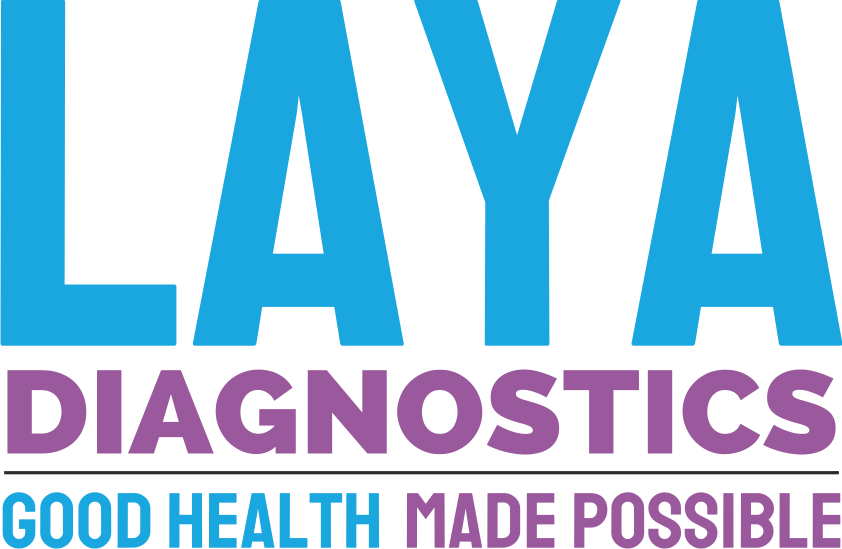1. FBS & PPBS - The test is done in the morning before the person has eaten. Diabetes is normally detected when fasting blood glucose levels are 126 mg/dl or higher than that. PPBS (Postprandial Blood
Sugar) is a glucose test that is done on the blood. It determines the type of sugar in the blood, it is also known as glucose after a certain meal.
2. HBA1C - An HbA1c test shows what the average amount of glucose attached to hemoglobin has been over the past three months. It's an average of three months because that's typically how long a red blood
cell lives.
3. Lipid Profile - It is a combination of some tests conducted together to check whether there are any risks of heart disease, which depend on factors like eating habits, diet, stress, and exercise.
4. Uric Acid - Uric Acid test is the measurement of the amount of uric acid in the blood or urine.
5. Liver Function - Liver function tests help to determine the health of your liver. they measure the level of proteins, liver enzymes, and bilirubin in your blood.
6. Iron Deficiency (3) - Iron is an essential mineral in our blood and one of the main components in making red blood cells. This test assesses the amount of Iron in your blood.
7. Serum Calcium - This test assesses the amount of Calcium in our blood. It is generally monitored for bone diseases.
8. HBsAg - HBsAg is an antigen to determine if someone is infected with Hepatitis B. If HBsAg is found with some other antigens in the body the person is said to be infected with Hepatitis B.
9. Vitamin D - Vitamin D is a necessary nutrient for healthy bones and teeth. There are generally two types of Vitamin D namely, Vitamin D2 and Vitamin D3. This test assesses the amount of Vitamin D in
our body.
Other tests may include:
- Electrolytes
- Vitamin B12
- Vitals (3)
.jpeg)
.jpeg)
 Offers
Offers
